When ChatGPT Beat the Doctors: A Medical Turning Point
When researchers decided to pit ChatGPT against experienced doctors in a diagnostic challenge, no one expected the results that followed.
A study conducted at Beth Israel Deaconess Medical Center didn’t just test technology; it revealed surprising insights into how medical professionals approach modern tools.
What began as a straightforward comparison between AI and medical professionals evolved into something far more significant, delving into deep-rooted aspects of medical practice and human behaviour.
But what happened in the study, and is it just as the regular news that we hear, that ChatGPT or similar AI tools are beating expert medical professionals, or is there more to the story?
Let us see in detail.
The Rise of AI in Medical Diagnosis
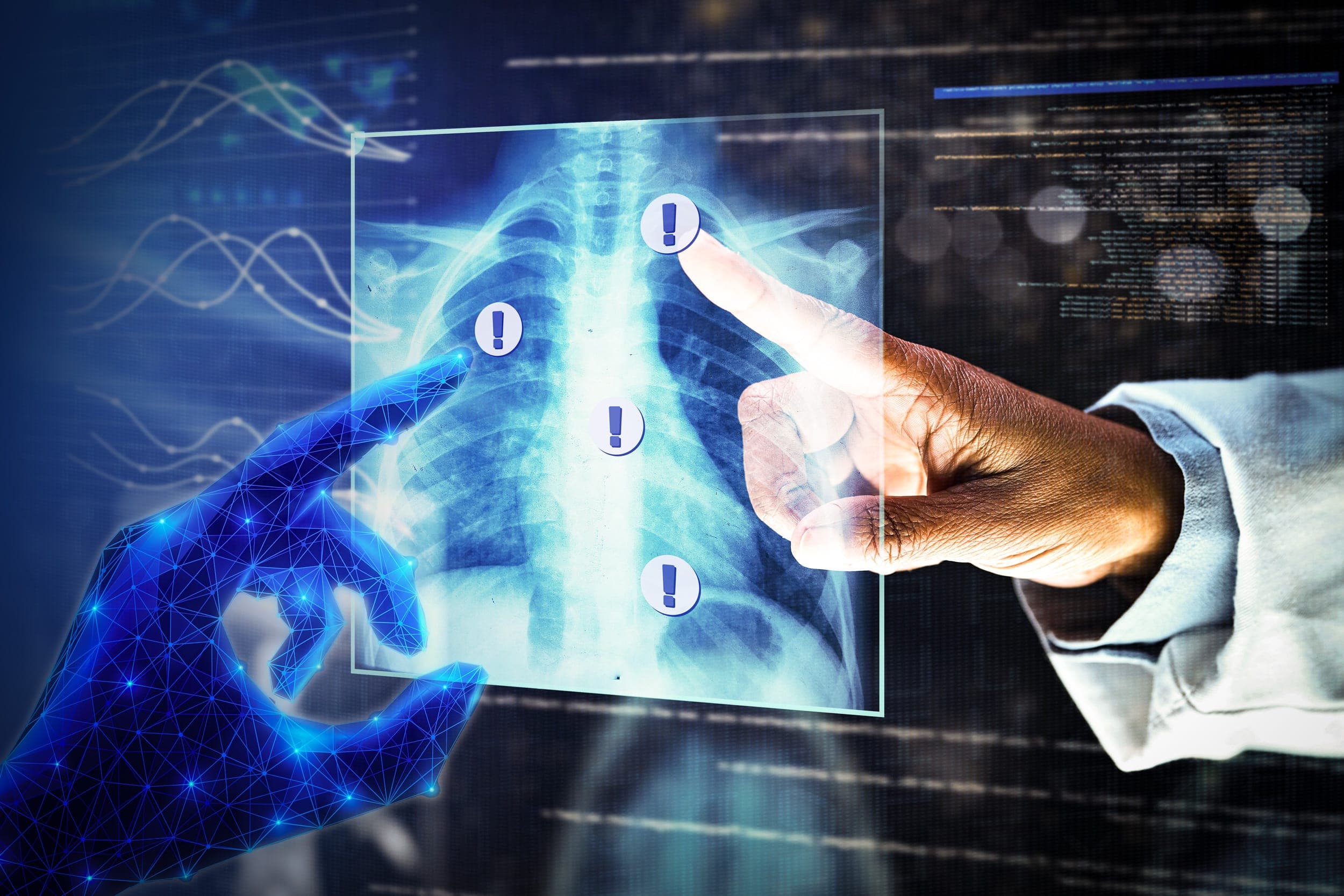
A recent study between AI and medical professionals had a major shift in medical diagnosis capabilities, turning traditional expectations upside down. Dr. Adam Rodman, an internal medicine expert at Beth Israel Deaconess Medical Center, initially approached AI diagnostic tools with optimism about their potential to assist doctors. However, the actual results proved far more revolutionary than anticipated.
ChatGPT-4 demonstrated exceptional diagnostic accuracy, achieving a 90% success rate when analyzing medical case reports
Doctors working independently achieved a 74% accuracy rate in their diagnoses
Medical professionals using ChatGPT as a tool only slightly improved their performance to 76%
The comprehensive study involved 50 medical professionals, including both residents and attending physicians from major American hospital systems. The test consisted of six challenging case histories, designed to evaluate diagnostic abilities and reasoning.
These cases were intentionally complex yet realistic, representing scenarios commonly encountered in medical practice. The study used previously unpublished case histories to ensure ChatGPT had no prior exposure to the material.
What Actually Happened in the Study?
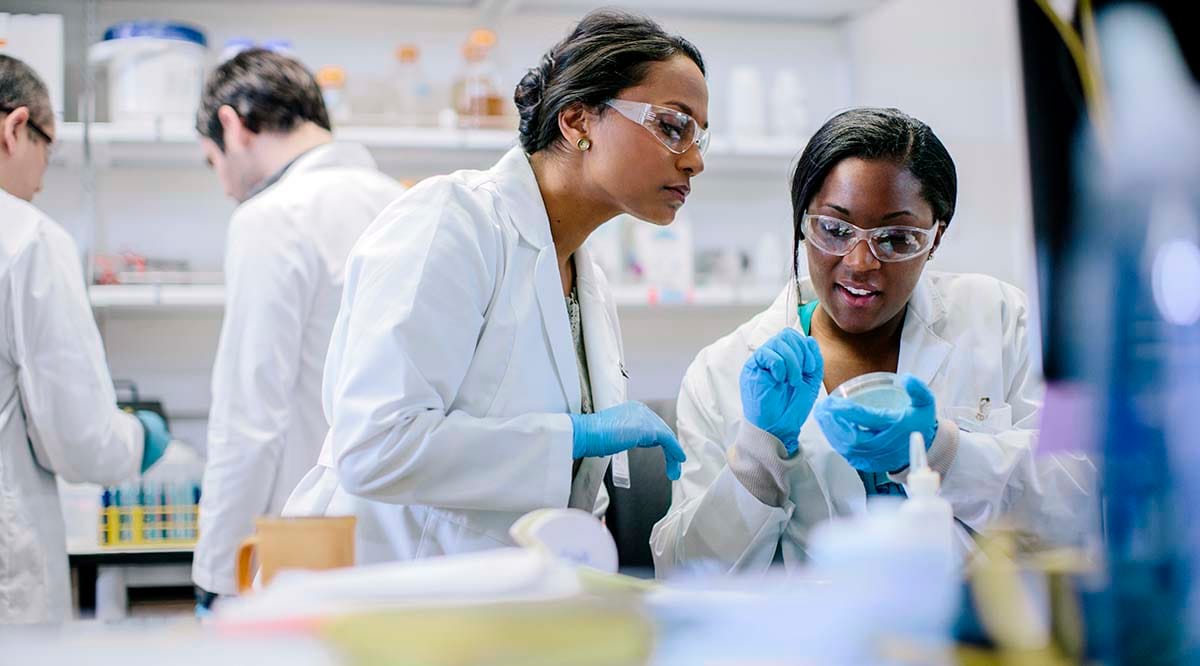
The JAMA Network Open study focused on testing diagnostic capabilities in a controlled medical environment. Fifty medical professionals across major American hospital systems participated in a rigorous diagnostic challenge.
Medical experts carefully designed the experiment using real case histories that were previously unpublished, so ChatGPT or any other AI tool doesn't have access to it, ensuring unbiased testing conditions.
Study involved blind evaluation of diagnoses
Each case required detailed diagnostic reasoning
Experts graded responses without knowing their source
One published test case highlighted the complexity of the challenges presented. It involved a 76-year-old patient experiencing severe pain following balloon angioplasty, ultimately diagnosed with cholesterol embolism. This case demonstrates the level of medical complexity involved in the study.
Cases required multiple diagnostic possibilities
Each diagnosis needed supporting evidence
Participants had to explain their reasoning process
The testing process involved three groups:
- Doctors using ChatGPT
- Doctors working independently
- ChatGPT working alone.
Each participant needed to:
Provide three potential diagnoses for each case
Support each diagnosis with clinical evidence
Identify contradicting symptoms or findings
Outline additional diagnostic steps
The study's design was particularly noteworthy because it used a set of 105 medical cases that researchers have employed since the 1990s. These cases were specifically chosen because they represent challenging but not impossibly rare conditions, making them ideal for testing both human and AI diagnostic capabilities.
The research revealed that medical professionals without AI usage got 74%, while medical professionals with AI usage got 76%, and ChatGPT alone achieved a 90% accuracy rate.
Why Did Doctors Struggle with ChatGPT?
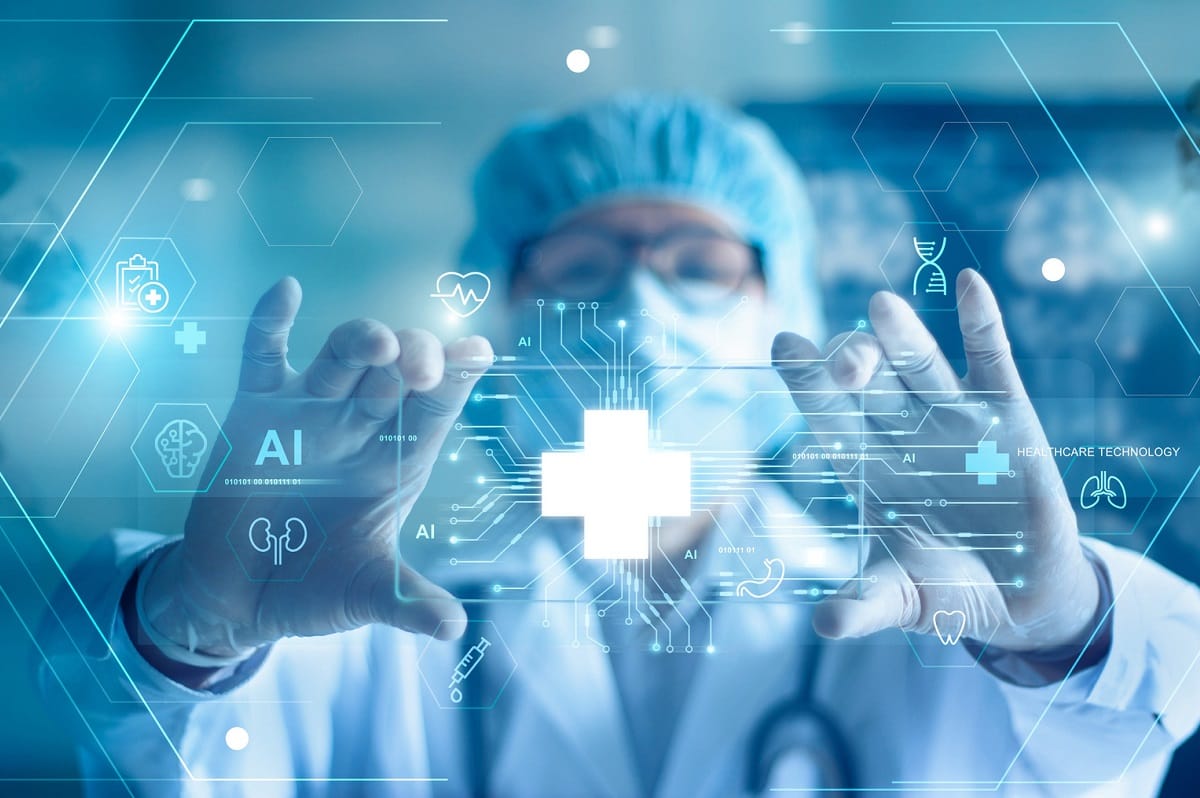
The study revealed two significant barriers preventing doctors from effectively utilizing ChatGPT in their diagnostic process. These findings are on both human behaviour and technological adaptation in medical settings.
Doctors showed strong attachment to their initial diagnoses
Many dismissed ChatGPT's suggestions when they contradicted their own
Professional confidence often overshadowed AI recommendations
The research team, led by Dr. Rodman, discovered a fundamental issue in how medical professionals approached the AI tool. Instead of using ChatGPT's full capabilities, most doctors treated it as a simple search engine, significantly limiting its potential assistance.
Most doctors used ChatGPT for basic queries only
Few professionals utilized the tool's comprehensive analysis features
Many failed to input complete case histories for analysis
Dr. Chen's examination of chat logs revealed that only a small number of doctors fully understood ChatGPT's capabilities. The majority limited themselves to asking basic questions like "Is cirrhosis a risk factor for cancer?" rather than seeking comprehensive case analysis.
Is This Really About AI Being Smarter Than Doctors?
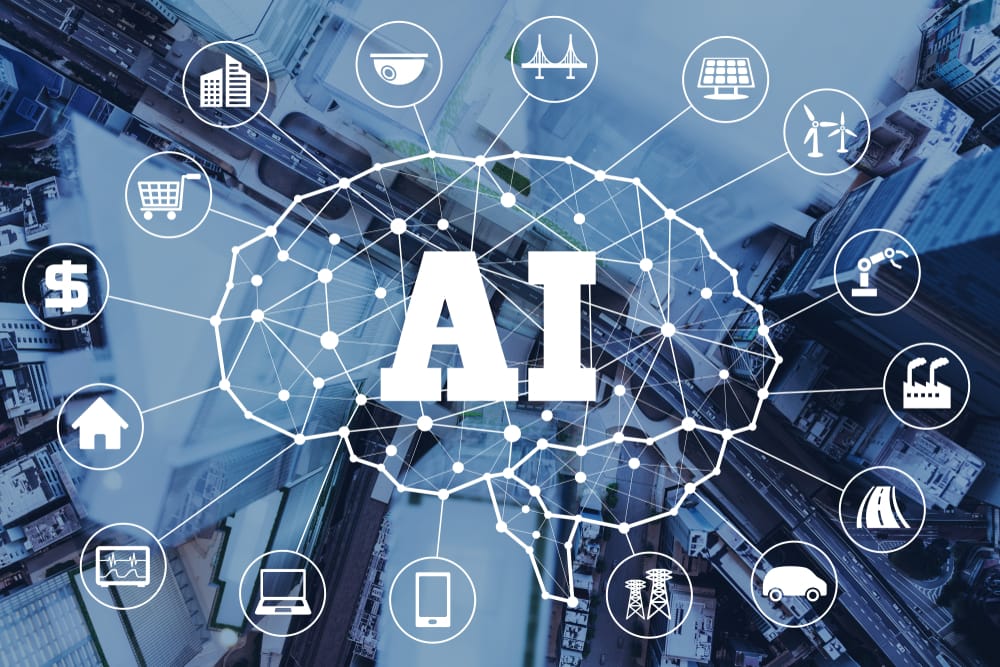
The study's findings reveal a more nuanced reality than simple AI superiority over human medical expertise. The research highlights the untapped potential of AI as a complementary tool in medical diagnosis rather than a replacement for human doctors.
AI excels at processing vast amounts of medical information
ChatGPT showed strength in the systematic analysis of symptoms
The technology offers consistent, unbiased evaluation of cases
The key insight lies in how AI and human expertise could work together. While ChatGPT demonstrated impressive diagnostic capabilities, its true value lies in its potential as a "doctor extender," as Dr. Rodman suggests.
AI can serve as a reliable second-opinion source
Technology supplements rather than replaces medical expertise
Human judgment remains crucial in patient care
The study ultimately points toward a future where AI enhances medical practice rather than dominates it. The challenge lies not in competing with AI but in learning to effectively integrate these powerful tools into healthcare delivery.
What Does This Mean for Healthcare's Future?
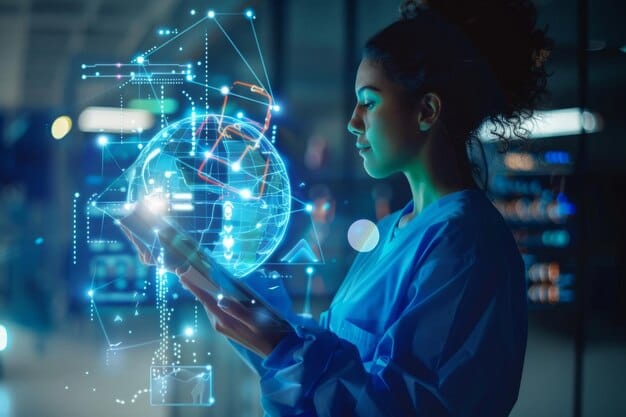
The study clearly shows ChatGPT or any other AI tool's value as a medical diagnostic tool but reveals significant gaps in its practical implementation. The key issue isn't AI replacing doctors but rather doctors not utilizing AI effectively.
Doctors need proper training to use ChatGPT effectively
Current usage is limited to basic queries instead of full capabilities
Medical professionals often ignore AI suggestions due to overconfidence
The research points to immediate necessary changes in healthcare systems. Medical education must evolve to include comprehensive AI training, focusing specifically on how to use AI tools like ChatGPT for complex diagnostics.
Medical schools should include AI tools in their curriculum
Hospitals need clear guidelines for AI implementation
Healthcare systems should develop AI usage protocols
The future of healthcare depends on doctors learning to work alongside AI, using it as a powerful support tool rather than viewing it as competition.
Conclusion
The study comparing ChatGPT-4's diagnostic abilities with human doctors reveals both challenges and opportunities in medical AI integration. While ChatGPT achieved an impressive 90% accuracy rate compared to doctors' 74%, the study's significance goes beyond mere performance metrics.
The research uncovered that doctors using ChatGPT only marginally improved their accuracy to 76%, primarily due to their reluctance to fully utilize the AI's capabilities and their tendency to stick with initial diagnoses.
But it is not like AI is going to replace doctors; rather, this study was able to uncover the need for better integration of AI tools in healthcare. The future of medicine likely lies in combining AI's systematic analysis capabilities with human medical expertise.
To achieve this, healthcare systems must evolve, incorporating AI training in medical education and developing clear protocols for AI implementation. The goal isn't to compete with AI but to use its potential as a powerful tool to enhance medical practice and improve patient care.
FAQs
1. Is ChatGPT better than doctors?
While a study showed ChatGPT achieving 90% diagnostic accuracy compared to doctors' 74%, it's not about being "better." ChatGPT demonstrated strong analytical capabilities in controlled settings, but real medical care requires human judgment, empathy, and hands-on patient interaction that AI can't replicate.
2. Can ChatGPT replace doctors?
No, ChatGPT cannot replace doctors. While it shows impressive diagnostic capabilities, it's designed to be a supportive tool rather than a replacement. Healthcare requires complex decision-making, physical examinations, emotional understanding, and human judgment that goes beyond AI's current capabilities.
3. Is AI better than doctors?
AI shows strong performance in specific tasks like diagnosis and analysis but isn't "better" than doctors overall. It's a powerful tool that can process vast medical information quickly, but lacks crucial human elements like physical examination skills, complex judgment, and understanding patient context.
4. Is ChatGPT good with medical advice?
While ChatGPT shows promise in medical analysis, it shouldn't be used as a primary source for medical advice. It can provide general health information but may give incorrect information. Always consult healthcare providers for personal medical concerns rather than relying on AI.

Comments
Your comment has been submitted